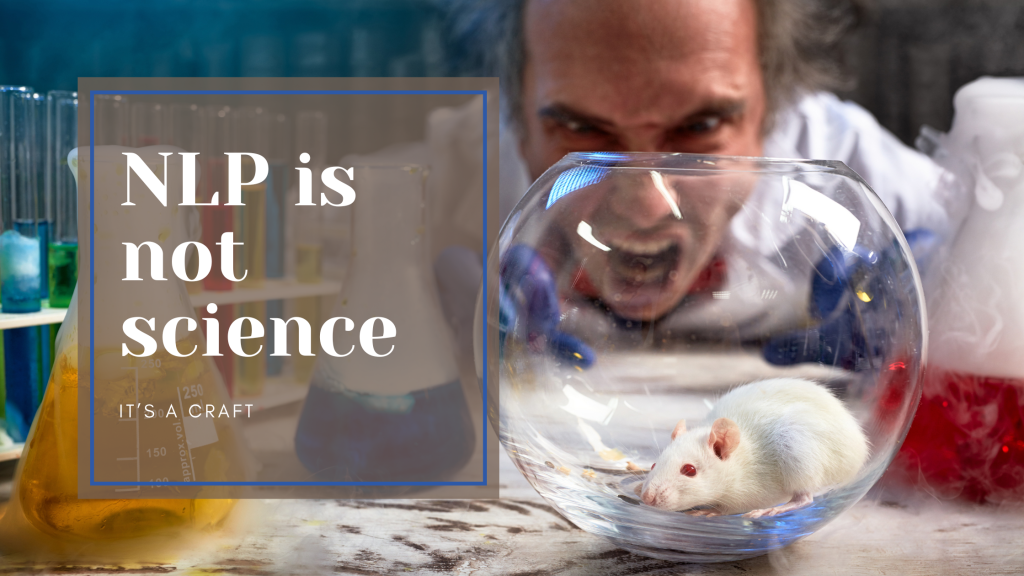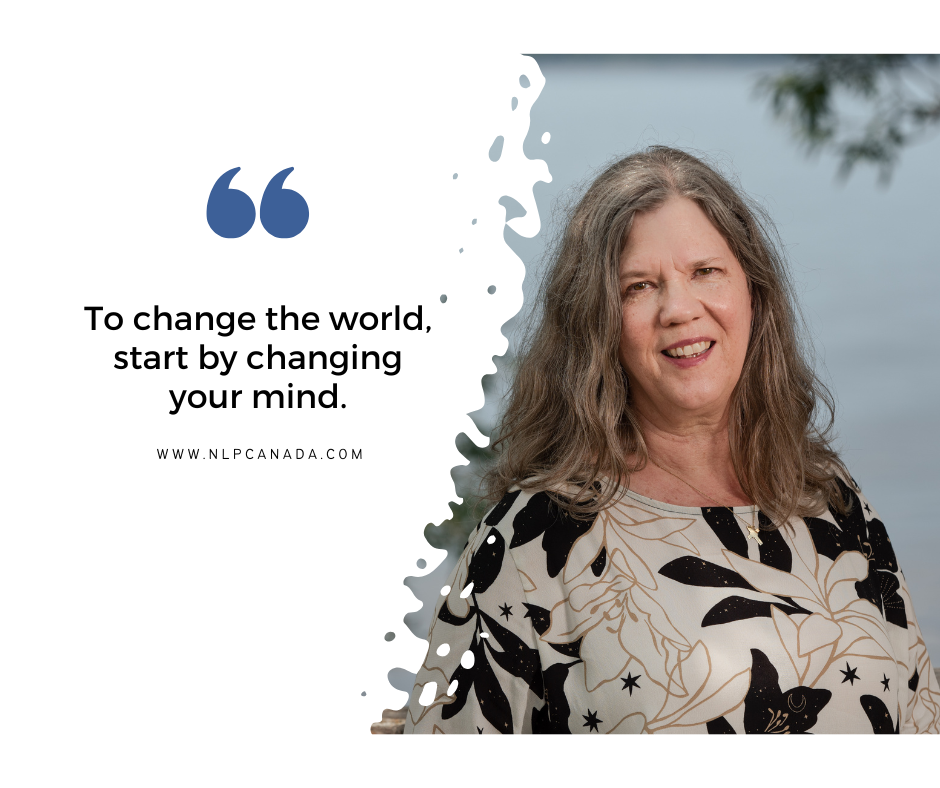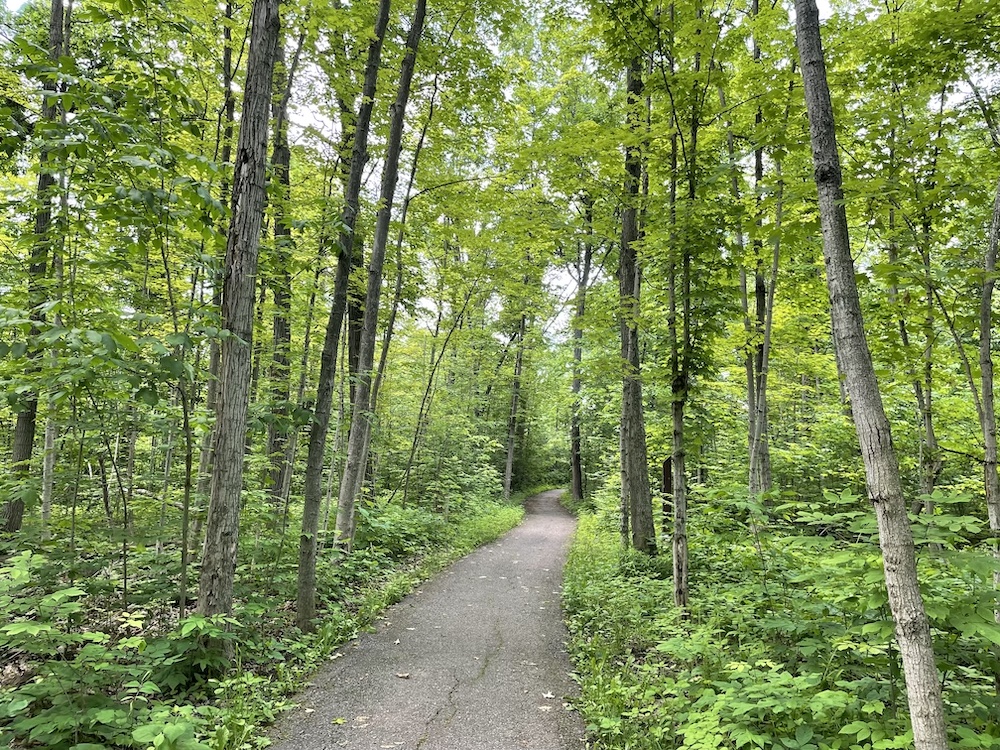Have you ever wondered how some skills got labelled soft while others are called hard? It has nothing to do with the level of difficulty in mastering them. Apparently the American military wanted to distinguish between skills that involved using a machine (hard like the equipment) and skills that involved having an impact on squishy human beings.
I’m not sure why ‘communication’ isn’t used instead of soft skills. I think we all like to hide behind the fuzziness of ‘soft’ because we’re all insecure about our abilities to connect with others and influence them. Some experts believe this goes back to the days when being left out of the tribe meant you would likely die on your own. We feel rejection and misunderstanding as pain (they trigger the pain centres in our brains). Not being good at hard skills can limit your career options. Not being good at soft skills hurts.
As is true in many situations, we cannot improve without both acknowledging that we’re not good enough yet and knowing how to practice to get better. And it’s not likely that we can improve without help.
Improving a skill requires practice. Practice doesn’t mean doing what you’re already doing over and over again. It means breaking down a skill into small units and adjusting your performance at those small units. Usually effective practice requires feedback so that you know what adjustments will help.
Breaking a skill into chunks that can be practiced takes expertise. Adjusting performance on chunks so they result in better skills also takes expertise. The way to get better at soft skills is to find an expert who has the interest and the patience to coach you through drills until you improve.
Those experts are hard to find, and they cost more than a book or a video. But they also offer real hope that you will develop abilities you can count on whether you need to get along with others or to find agreement with all the parts of you that so often disagree.



